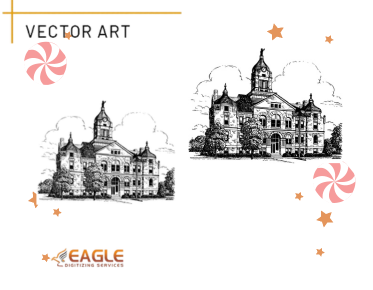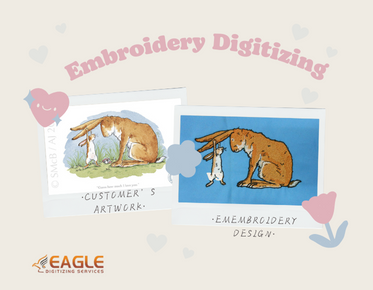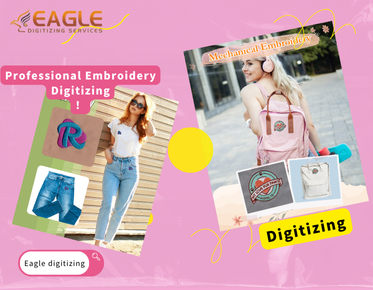Converting Images and Vectors into Pixel Art
Pixel art is a form of digital art where images are created and edited at the pixel level. It is often associated with the aesthetics of early video games and has seen a resurgence in popularity due to its nostalgic appeal and unique visual style. Whether you're looking to convert a vector image or a standard image into pixel art, the process can be both fun and rewarding.
To begin with, it's important to understand the basics of pixel art. Unlike traditional digital art, pixel art requires a meticulous approach where each pixel is deliberately placed to create the desired effect. This is why converting a vector graphic into pixel art involves reducing the image's resolution and simplifying its color palette to achieve the characteristic blocky look.
Understanding the Basics of Pixel Art
Pixel art is defined by its use of limited color palettes and low resolutions. This means that each pixel plays a crucial role in the overall composition of the image. The challenge lies in conveying detail and depth with minimal resources, which is why pixel art is often seen as a test of an artist's skill and creativity.
Choosing the Right Software
There are several software options available for creating pixel art. Popular choices include Aseprite, Photoshop, and GIMP. These programs offer tools specifically designed for pixel art, such as grid overlays and palette management, which make the process more intuitive and efficient.
Steps to Convert an Image to Pixel Art
Step 1: Reduce the Image Resolution
The first step in converting an image to pixel art is to reduce its resolution. This can be done using any image editing software. The goal is to make the image small enough that individual pixels become visible, typically between 32x32 and 128x128 pixels.
Step 2: Simplify the Color Palette
Next, you'll want to reduce the number of colors in the image. This can be achieved by using a limited color palette, often between 8 to 16 colors. This step is crucial for achieving the classic pixel art look and can be done using the color reduction tools available in most image editing software.
Step 3: Clean Up the Image
Once the image is reduced in size and color, it's time to clean up the details. This involves manually adjusting pixels to enhance the image's clarity and definition. Pay attention to the outlines and shading to ensure the image retains its original form while embracing the pixel art style.
Converting Vector Graphics to Pixel Art
Vector graphics are often used for their scalability and precision, but they can also be converted into pixel art. The process is similar to that of converting a standard image, with a few additional considerations.
Step 1: Export the Vector as a Raster Image
Before you can convert a vector graphic into pixel art, you'll need to export it as a raster image. This can be done using vector editing software like Adobe Illustrator or Inkscape. Choose a resolution that matches your desired pixel art size.
Step 2: Follow the Image Conversion Steps
Once the vector is exported as a raster image, follow the same steps outlined for image conversion: reduce the resolution, simplify the color palette, and clean up the details. This will help you achieve a pixel art version of your vector graphic.
Tips for Creating Stunning Pixel Art
Creating pixel art is both an art and a science. Here are some tips to help you create stunning pixel art:
- Use a grid to keep your pixels aligned and organized.
- Experiment with different color palettes to find the one that best suits your style.
- Practice dithering techniques to create gradients and textures.
- Study classic pixel art from video games for inspiration and techniques.
Conclusion
Converting images and vectors into pixel art is a creative process that requires patience and attention to detail. By understanding the basics of pixel art and following the steps outlined above, you can transform any image into a beautiful piece of pixel art. For those looking to take their designs to the next level, Eagle Digitizing excels in delivering professional vector art services, transforming creative visions into scalable designs.



